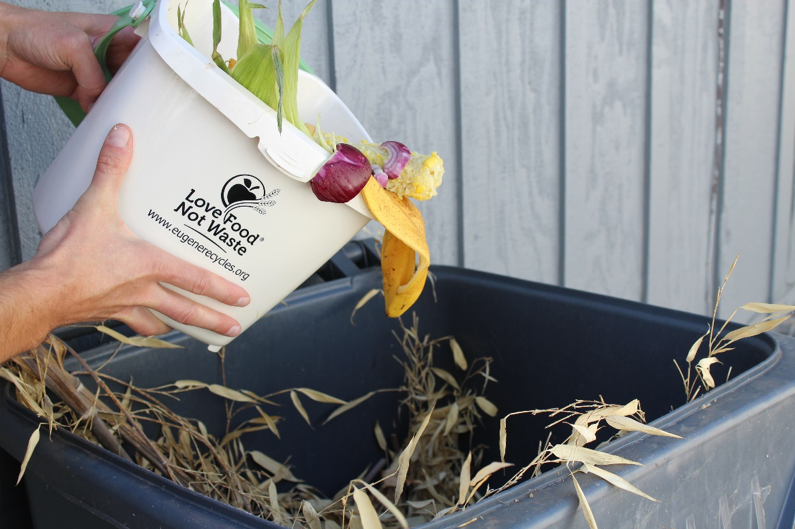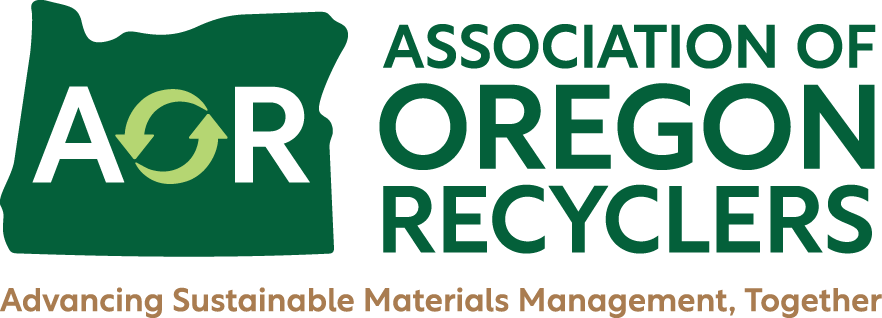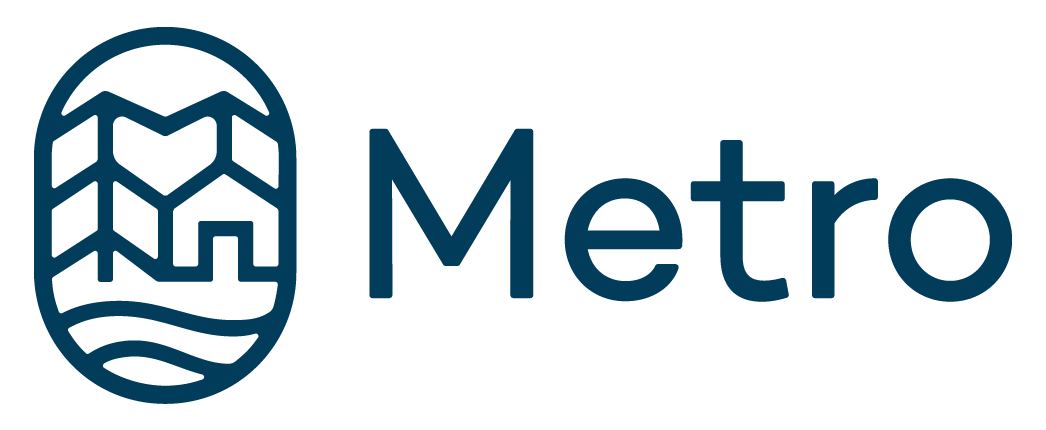Food Waste
Participate in Food Waste Action Week 2022
The aim of Food Waste Action Week (March 7-13, 2022) is to create lasting change that helps to deliver the United Nations Sustainable Development Goal of halving global food waste by 2030. The global awareness campaign is led by Waste and Resources Action Programme (WRAP) in connection with their Love Food, Hate Waste campaign. The Action Week will highlight the connection between food waste and climate change, with the goal of engaging citizens to take action to reduce their own food waste.
EPA Requests Applications, Provides Webinar on Food Waste Research
EPA, as part of its Science to Achieve Results (STAR) program, is seeking applications proposing research to develop, apply and test innovative and creative community-engaged approaches to reducing household food waste in the United States.
New EPA report reveals large climate and environmental impacts of U.S food waste
The US EPA has released a new report, “From Farm to Kitchen: The Environmental Impacts of U.S.
City of Eugene Love Food Not Waste Program Selected for 2021 ICMA Program Excellence Award
 The City of Eugene, who is sponsoring the "Never Stop Learning: Where You Are, In Your Language" session at Sustainable Oregon 2021, has received an International City/County Management Association (ICMA) Program Excellence Award for its Love Food Not Waste® (LFNW) program, which was sele
The City of Eugene, who is sponsoring the "Never Stop Learning: Where You Are, In Your Language" session at Sustainable Oregon 2021, has received an International City/County Management Association (ICMA) Program Excellence Award for its Love Food Not Waste® (LFNW) program, which was sele
EPA’s Northwest Regional Food Recovery Challenge Winners Both Oregon-Based this Year
The scope and scale of the food waste challenge in America is daunting. Recognizing the gravity, the U.S. Environmental Protection Agency, through its EPA’s Food Recovery Challenge program, is encouraging and empowering local programs to craft local solutions to this pervasive problem. EPA is incentivizing participation in the program by showcasing local food waste prevention champions, both nationally and regionally.
Coronavirus risks a return of the throwaway culture
Europe’s ambition to be less wasteful just ran into a coronavirus crisis reality check.
One month after the European Commission launched an ambitious package to move from a throwaway culture to a more circular economy, the pandemic is creating mountains of plastic litter and tons of rotting food.
Food goes to waste amid coronavirus crisis
The coronavirus pandemic is leading the food industry and regulators to change policies as they grapple with empty shelves, a glut of fresh produce and milk, and sudden shifts in consumer buying habits.
The problem isn’t a shortage of food and commodities. If anything, food waste is becoming a bigger issue as traditionally big, bulk buyers — like college dorms and restaurant chains — suddenly stop receiving deliveries. As a result, millions of gallons of milk are being dumped, and farmers have no alternative but to turn fresh vegetables into mulch.
DEQ Wasted Food Measurement Study
DEQ has completed a major milestone in its food waste prevention work, and recently published its findings on the Oregon Wasted Food Study. This study tracked wasted food in both urban and rural households—using quantitative and qualitative research methods—to increase our understanding of how much, what, and why food is discarded by people in Oregon. This work was conducted by Portland State University’s Community Environmental Services.
Key findings include:
Composters say NO to Compostable Packaging and Serviceware
 With companies looking to reduce waste promising all packaging to be recyclable or compostable in the coming years, Oregon Composters have united in their efforts to keep Oregon's composting programs "food only". Click here to read why.
With companies looking to reduce waste promising all packaging to be recyclable or compostable in the coming years, Oregon Composters have united in their efforts to keep Oregon's composting programs "food only". Click here to read why.
Webinar & New Publications on Food Loss and Waste Measurement Released
On March 7th, the Commission for Environmental Cooperation (CEC) issued a technical report and practical guide on food loss and waste measurement.


